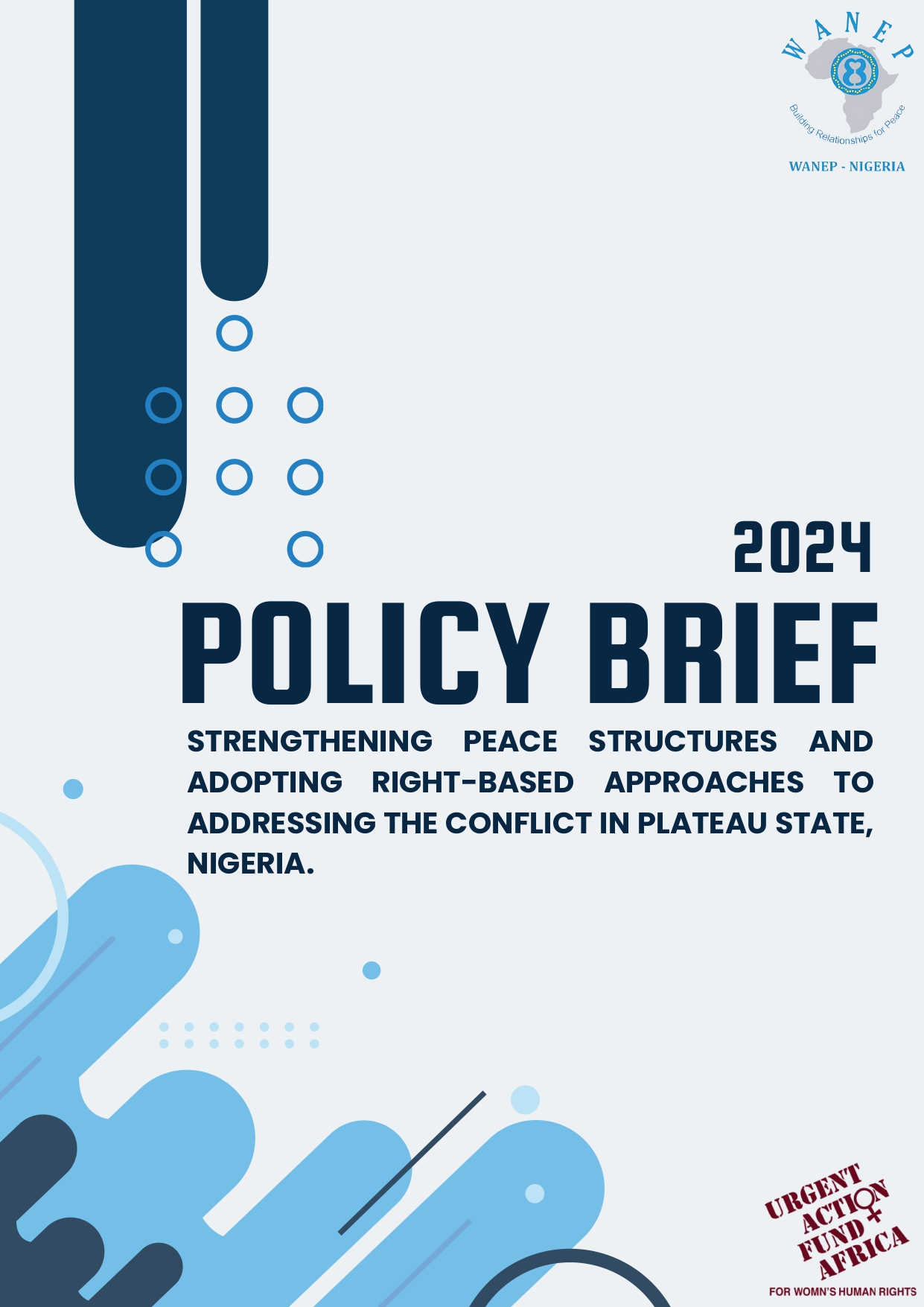1.1 Introduction:
Between December 23 and 25, 2023, many people, including several children and women, were mercilessly hacked to death in what unfolded as a conflict between farmers and herders. Armed Gun men suspected to be herdsmen carried out a series of violent coordinated attacks on twenty- three (23) local villages identified as Christian farming communities including Lisha community Kwahasnat, KambarIpelli, Mutfyan, Pushit etc in three local Government Areas (LGAs) – Barkin Ladi, Bokkos and Mangu of Plateau State. Preliminary reports by volunteers of the Nigerian Red Cross Society after an on-the-spot assessment indicate that over 213 individuals lost their lives as a result of the attacks1.
In a second attack on January 23, 2024, thirty (30) persons were reported killed by armed gun men alleged to be herders at Kwahaslalek village in Mangu Local Government Area (LGA). Victims who were cut up in the violence, mostly women and children, had run to the house of a community leader in the area on the previous night for safety following earlier unrest during the day in Mangu town when the gunmen surrounded them and killed them all.
The third attack on March 10, 2024 happened in Wase Local Government Area situated over twenty (20) Kilometres from Mangu LGA. It was reported that the incidence which happened at Zurak Company Market left seven person dead including three women and several others injured.
These renewed violence in Plateau State, where clashes between Muslim herders and Christian farming communities have erupted for years made the state Government to impose a 24-hour curfew in Mangu which was violated as local district, schools, places of worship, and homes have been burned and ransacked in more attacks. Although the casualties are spread across multiple communities affected by the violence. the situation remains volatile and fluid, with ongoing efforts to stabilize the affected areas. Security forces and emergency response teams are actively engaged in restoring order, providing security, and supporting affected communities.
According to the latest figures by the government, over 200,000 people were affected; 331 people killed, including children, 153 injured and not fewer than 221 houses burned, with properties worth millions of Naira destroyed. Of this number, over 34,000 were displaced, living in temporary shelters, including religious structures and schools, with thousands in host communities. Their once peaceful and stable lives were overturned in the blink of an eye. Children lost their parents, and mothers saw their children being dragged and then killed

